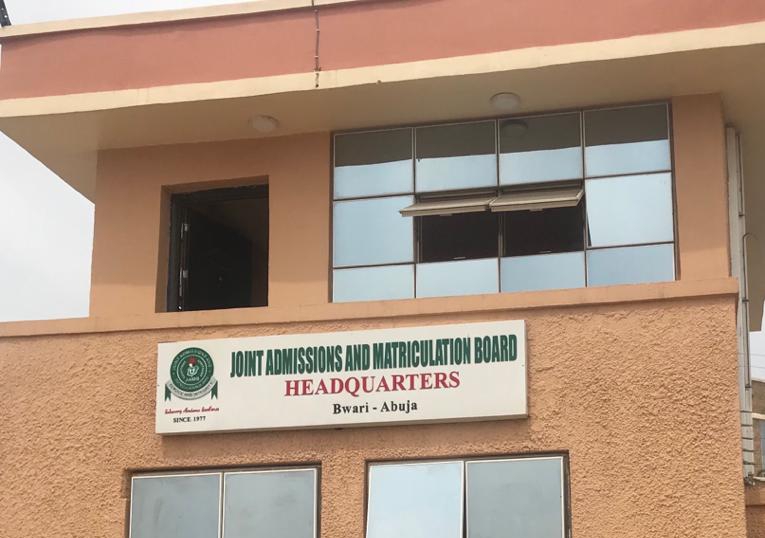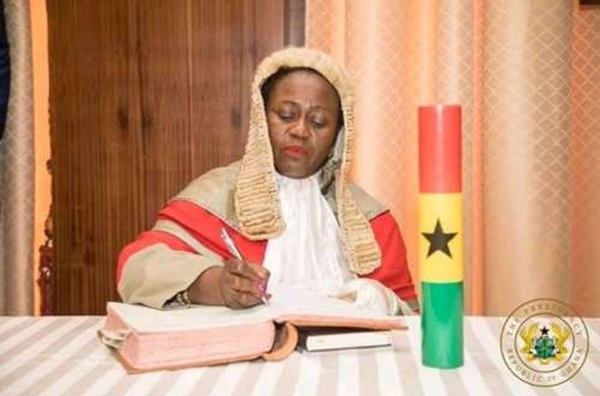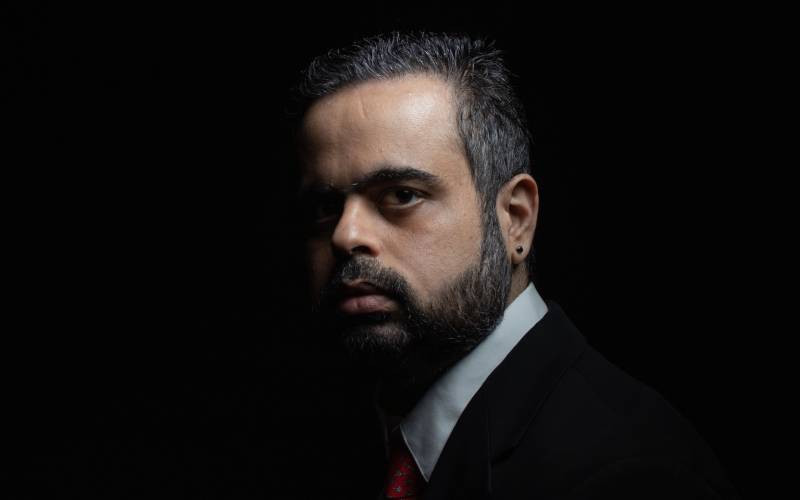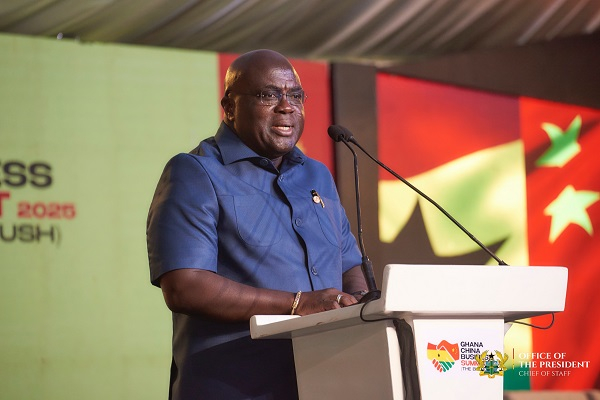Canada committed to Ghana, Africa - Canadian High Commissioner
Be it health, education or agriculture, African countries, including Ghana, depend largely on funding from development partners to successfully run these sectors.
That is why the announcement of funding cuts by President Donald Trump of the United States of America has so many implications for Africa.
First is the fact that it will affect the overall funding that Africa receives from its development partners since some of these countries might also be struggling domestically to fill the gaps created by the cuts.
In Ghana and Africa, Canada has been a formidable partner that provides support to various sectors.
Canada has lots of expertise when it comes to energy including green energy, climate-smart agriculture and climate action, and it has significantly supported Ghana in many sectors, including health, education and mining.
Ahead of Canada Day celebration on July 1, the Canadian High Commissioner to Ghana, Myriam Montrat, the first black Canadian High Commissioner to Ghana, granted an exclusive interview to the Daily Graphic where Ms Montrat spoke about her country’s plans for Ghana and Africa in the wake of these current funding cuts, her vision during her mission in Ghana, galamsey menace and Canada’s feminist international assistance policy.
Canada will on Tuesday, July 1 celebrate its national day known as Canada Day. Canada Day was celebrated in Ghana last Thursday, June 26, 2025 at the official residence of the High Commissioner in Accra. It was a moment to celebrate Canada’s strong relationship with Ghana.
Speaking about Canada’s plan for Africa amidst the global funding cuts, Ms Montrat acknowledged that the world was currently experiencing turbulent times in view of geopolitical tensions including the Russia-Ukraine war, Israel-Palestine conflict; Pakistan-India uneasy relationship, the humanitarian situation in South Sudan and funding cuts.
She said Canada remained committed to continue to support Africa to advance shared priorities.
“We feel that Africa is a continent that we must prioritise when it comes to relationship and building economic growth.
We want to strengthen our people-to-people ties with the African continent and also focus on prosperity and growth that works for all,” she said.
She said Canada was keen on diversifying trade partners and supply chains in view of tightening trade relations characterised by trade wars and tariffs such as what was happening between Canada and their neighbour, the United States.
Africa remained an important partner in the agenda to diversify due to the viable potential under the African Continental Free Trade Area and also its large youth population.
She said in line with Canada’s commitment to Africa, Canada had developed its first-ever African strategy which focused on prosperity, security and inclusive economic growth.
Further to the African strategy, High Commissioner Montrat said Canada had purposefully identified a special envoy to Africa, who is also their ambassador to the African Union, Ben Marc Diendéré.
Canada, she said, had also identified a special envoy to the Sahel, adding that the fact that her country has two special envoys to Africa was a testament to how important it was for Canada to continue to maintain an active presence on the continent.
However, Ms Montrat emphasised, it was important for the region to maintain stability not only for the continent but also to foster exchanges, trade, diplomacy and international development.
Regarding Ghana, Ms Montrat highlighted the longstanding bilateral relationship that has spanned over 60 years since Ghana’s independence.
Currently, she said, there were over 100,000 Ghanaians living in Canada who were not only contributing to Canadian society but also to Ghana’s societal development, adding that “we see Ghanaian-Canadians leading many initiatives between our countries.
We recently organised the first Ghana Diaspora Investment Forum, in partnership with Fidelity Bank Ghana Limited and GIZ, which attracted over 150 participants and focused on harnessing diaspora capital for sustainable development.”
Ms Montrat maintained that Ghana was a strong partner to Canada, and her vision during her mission in the country would be to better position Ghana and Africa on the map and vis-a-vis Canadians.
“We share the same values when it comes to the rule of law, and we are very fortunate to have a partner like Ghana.
We will continue to support Ghana from the standpoint of governance, from the standpoint of agriculture, from the standpoint of human rights, from the standpoint of energy, mining and education.
Education is such an important component because we know that when people are educated, it opens more opportunities (for them).
And one of the areas that we are particularly strong in is sustainable development,” she said.
In line with Canada’s feminist international assistance policy, Ms Montrat said the empowerment of women and girls continued to be key in its relationship with Ghana, stressing that it had been a cornerstone of their international development work.
“Most of our projects, about 50 per cent of them, have a gender equality component where you need to make sure that gender is integrated into the project from its start,” she said.
A significant number of Canada’s projects, she said, were being implemented in the northern part of the country.
In Tamale, for instance, she said, they were working with WEE-North to provide training in non-traditional trades such as plumbing, pipe fitting, electrical work and welding to women.
Aside from these, she said, in the north, the Canadian Embassy provided livelihood support to smallholder women farmers.
Under this, they help the women to find ways they could grow specific crops in order to earn more money.
This programme also has a capacity-building component where the women are taught, among others, about how to speak with confidence.
There was also the Modernisation of Agriculture in Ghana project, a seven-year project that just ended.
On why gender equality was important to her country, Ms Montrat explained that if inequalities were addressed and women were brought to the forefront, they could achieve more, bring different skills and perspectives to drive economic growth and positive outcomes across all sectors and for everyone.
Illegal mining, otherwise known as galamsey in Ghana, has severe environmental, social and economic consequences.
The operations of some mining companies, including Canadian mining firms, are also impacted by illegal mining activities.
Touching on how to address the galamsey menace in the country, Ms Montrat said one of the ways was for the country to provide alternative livelihoods for those who engage in it.
The other measures she proposed included imposing penalties, enforcing laws against illegal mining in the country and addressing the key actors behind galamsey.
On restoring lands destroyed by galamsey activities, she said it was an area where Canada had expertise in and could assist.











